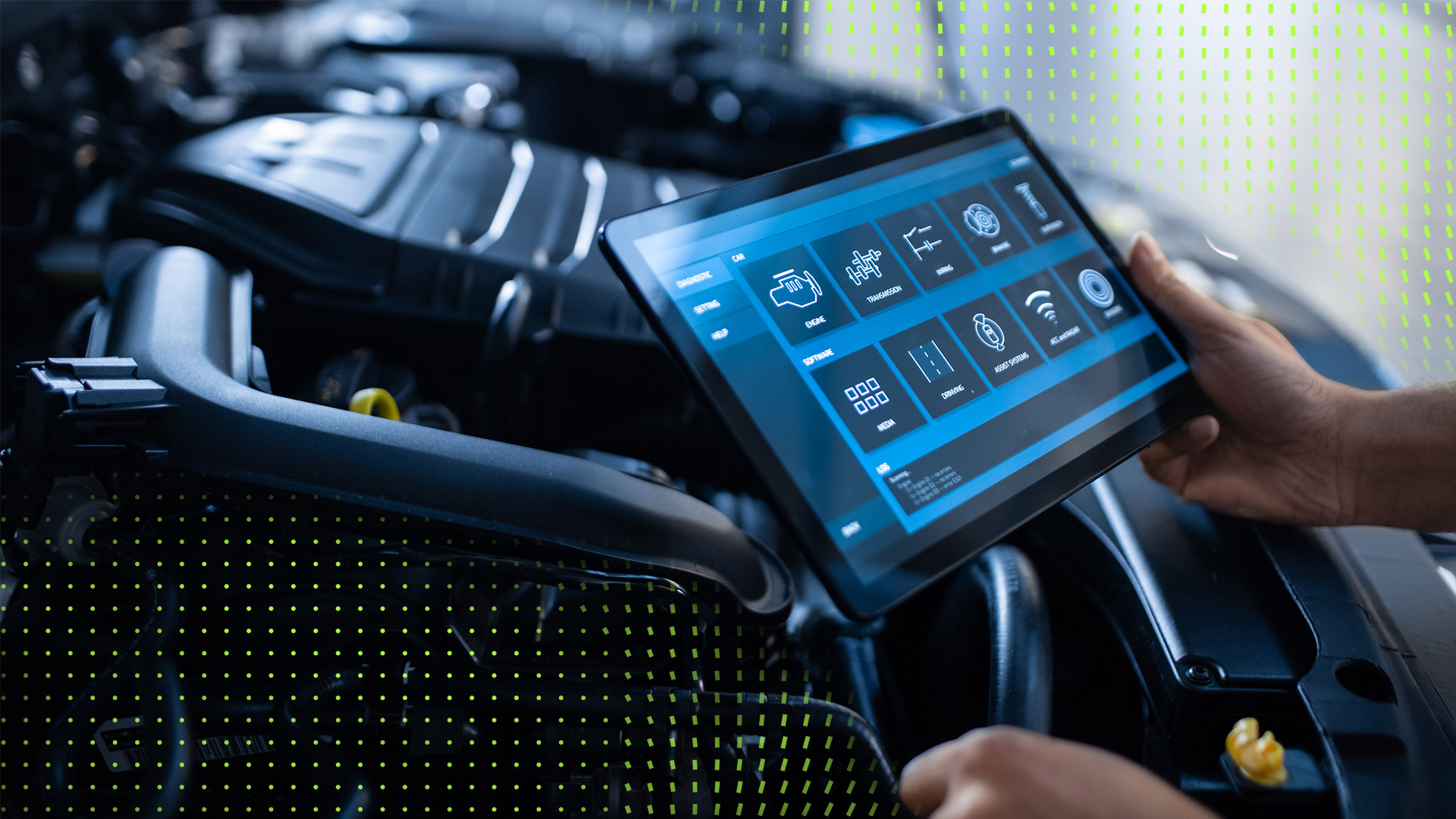What Is a Diagnostic Service and How Does It Work?
Modern vehicles are loaded with sensors, modules, and networks. A proper diagnostic finds the root cause behind warning lights, rough running, strange noises, electrical faults, and more. Our techs use professional scan tools, live-data analysis, and targeted testing to identify what failed and why—so you fix the problem once, not twice.
Why Diagnostics Matter
- Stops the parts cannon—no more guessing and replacing good parts
- Saves time and money by finding the true root cause
- Prevents breakdowns and further damage to expensive components
- Keeps your vehicle safe, efficient, and inspection-ready
Important to Know
- Typical on-site diagnostic time: 45–90 minutes; complex or intermittent faults can require additional testing.
- Your diagnostic fee is credited toward the repair when approved through Nationwide Mechanics.
- We provide a digital report with findings, photos (when helpful), and a firm estimate.
- Some advanced tests (e.g., in-depth wiring repairs, control-module programming, partial tear-downs) may be quoted separately.
- We never clear codes just to mask a problem—only after repairs and verification.
How Diagnostic Service Is Done
- Interview and Verification
Discuss symptoms, driving conditions, and recent work; confirm the concern. - Preliminary Checks
Battery/charging system test, fuses/grounds, fluids, and visual inspection. - Scan and Data Review
Read trouble codes, freeze-frame data, and Mode 6; check TSBs and service info. - Live Data and Functional Tests
Monitor sensors/actuators, bi-directional tests, and short road test if safe. - Pinpoint Testing
Circuit checks with a multimeter or scope, smoke test for vacuum/EVAP leaks, fuel pressure/volume checks, compression/leak-down as needed. - Root Cause + Estimate
Explain the fault, what failed and why, and provide parts/labor options. We’ll schedule the repair on the spot if you’re ready.
Systems We Diagnose
- Check Engine/Powertrain: misfires, rough idle, stalling, poor fuel economy
- Electrical: battery drain, no-start, alternator/charging faults, blown fuses
- ABS/Traction: wheel-speed sensors, hydraulic module, wiring faults
- HVAC/AC: poor cooling or heat, blend door and compressor control issues
- Cooling/Overheating: fans, thermostats, leaks, head-gasket tests
- Transmission/Drivetrain: shift quality, sensor faults, limp mode
- Suspension/Steering/Brakes: vibrations, pulls, noises, uneven wear
- Emissions/EVAP: readiness monitors, leak detection, inspection failures
When to Schedule a Diagnostic
- Any warning light: Check Engine, Battery/Charging, ABS, Airbag, TPMS
- Hard start, no start, or stalling
- Overheating or coolant loss
- New noises, vibrations, or fluid leaks
- AC not cooling/heating properly
- After a jump-start or battery replacement (to reset/relearn systems)
- Before a long trip or before state inspection
Signs You May Need Diagnostic Service
- Check Engine light steady or flashing
- Rough idle, hesitation, or poor power
- Repeated dead battery or dim lights
- Burning, fuel, or sweet coolant smells
- Grinding, squealing, thumping, or clunking sounds
- Smoke from the engine bay or exhaust
How Important Is This Service?
Critical. Ignoring warning lights or drivability issues can turn a quick fix into a major repair. At Nationwide Mechanics, our ASE-certified technicians deliver accurate, data-driven answers and quality repair options—right at your home or office.
What You Get from Nationwide Mechanics
- Professional scan and inspection by certified techs
- Clear root-cause explanation (no jargon)
- Digital report with photos/videos when applicable
- Upfront estimate and repair options
- Diagnostic fee credited toward approved repairs




